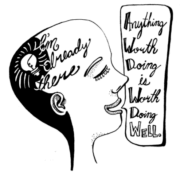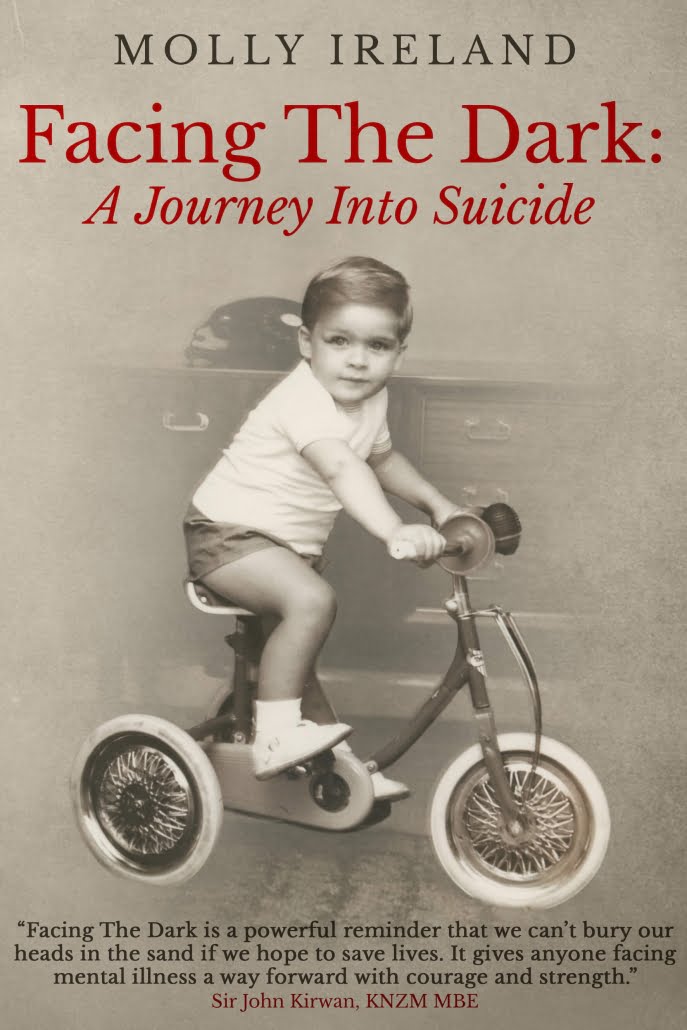Fall In Love With The Written Word
Mindful Literacy
You’ve probably been reading and writing for a long time. But do you really love the written word? Do you love to read? Do you long to express yourself in the written form? If you’re like most people, the honest answer to these questions is no.
Language in all forms is fundamental to what it means to be human.
We were born to express ourselves verbally and in writing. So why is it so difficult for so many people? Why are words on a page — particularly when there are legions of them — so daunting? Why do we resist words? Why does the thought of reading a passage cause our eyes to glaze over and our attention to drift?
Partially it’s because we haven’t learned to value great writing and partly because we half-consciously rush to get through it when we’re faced with the task. But this isn’t unique to reading or writing.
The popularity of the mindfulness movement has exploded with the realisation that we cannot enjoy what we do not pay attention to.
You may have heard the phrase that we are ‘human beings, not human doings.’ It’s a shame that we have forgotten this. Even if we’ve learned to ignore it, there is a core to us that weeps whenever we do not savour the food we eat, the company we hold, the books we read, or the emails we write. When we eat and check our smartphones simultaneously, we lose the ability to focus on either one. We take it for granted and do not value it. This happens with literacy as well, especially when we’re young. We can’t see its relevance to our lives. It just becomes more of what we ‘have to do’ every day, just another chore to get through.
What if it could be different?
What if we saw ourselves in every page we read, article or email we write? What if we fell in love with the written word? It would change everything, especially the way we relate to ourselves and everyone around us. I’ve witnessed this transformation many times in my students. But it doesn’t happen automatically; we need to be shown the way and, most importantly, given permission to do so. Once we do, however, we add a confidence and meaning to our lives that were inconceivable before. Through this process, we uncover an inner resource that nourishes us for as long as we live.
In the words of 17th-century British statesmen, Lord Chesterfield, “anything worth doing is worth doing well,” provides new food for thought. Not if you interpret his words as a perfectionist, but through the lens that when you decide to do something — put your whole heart into it.






